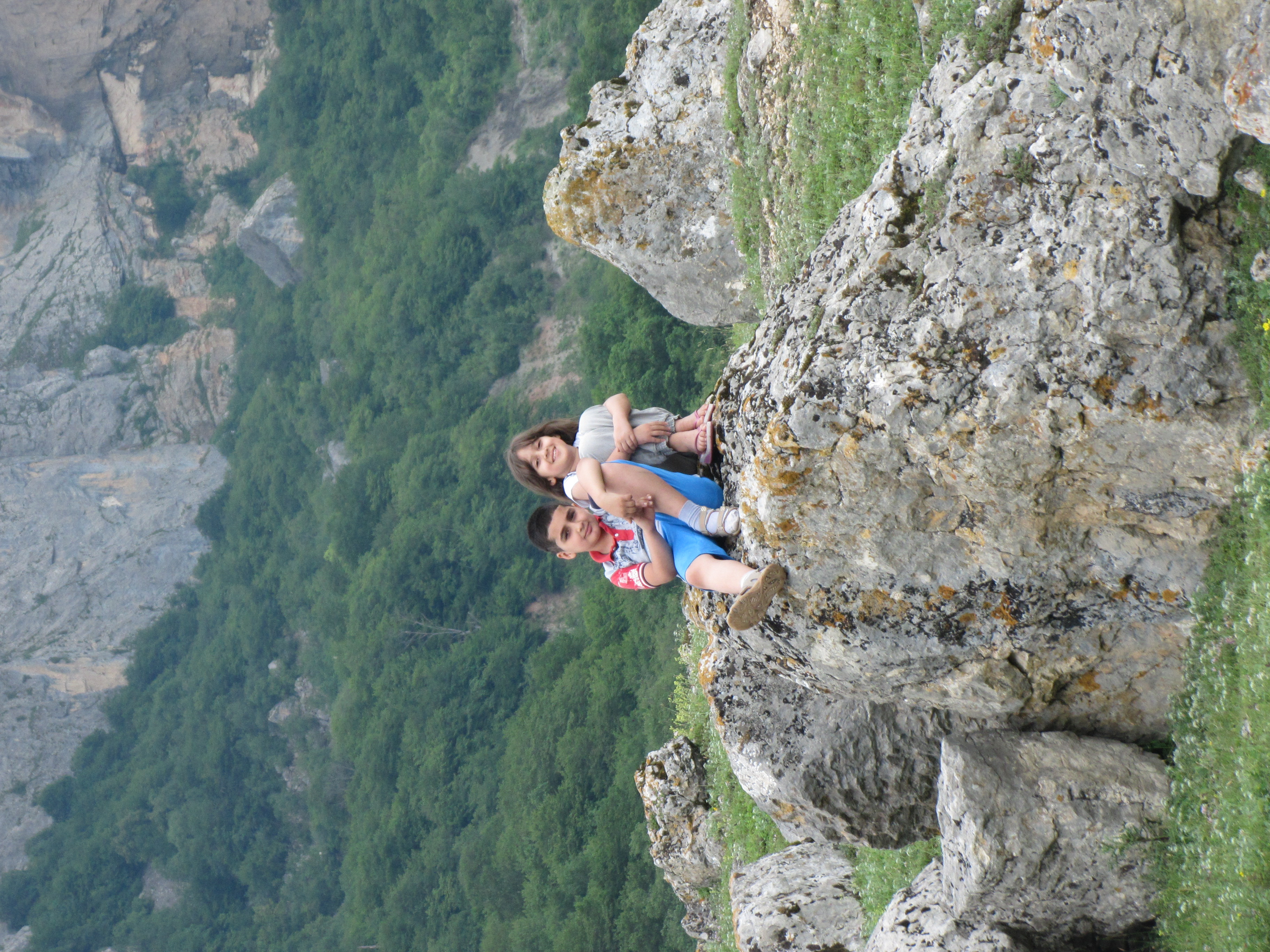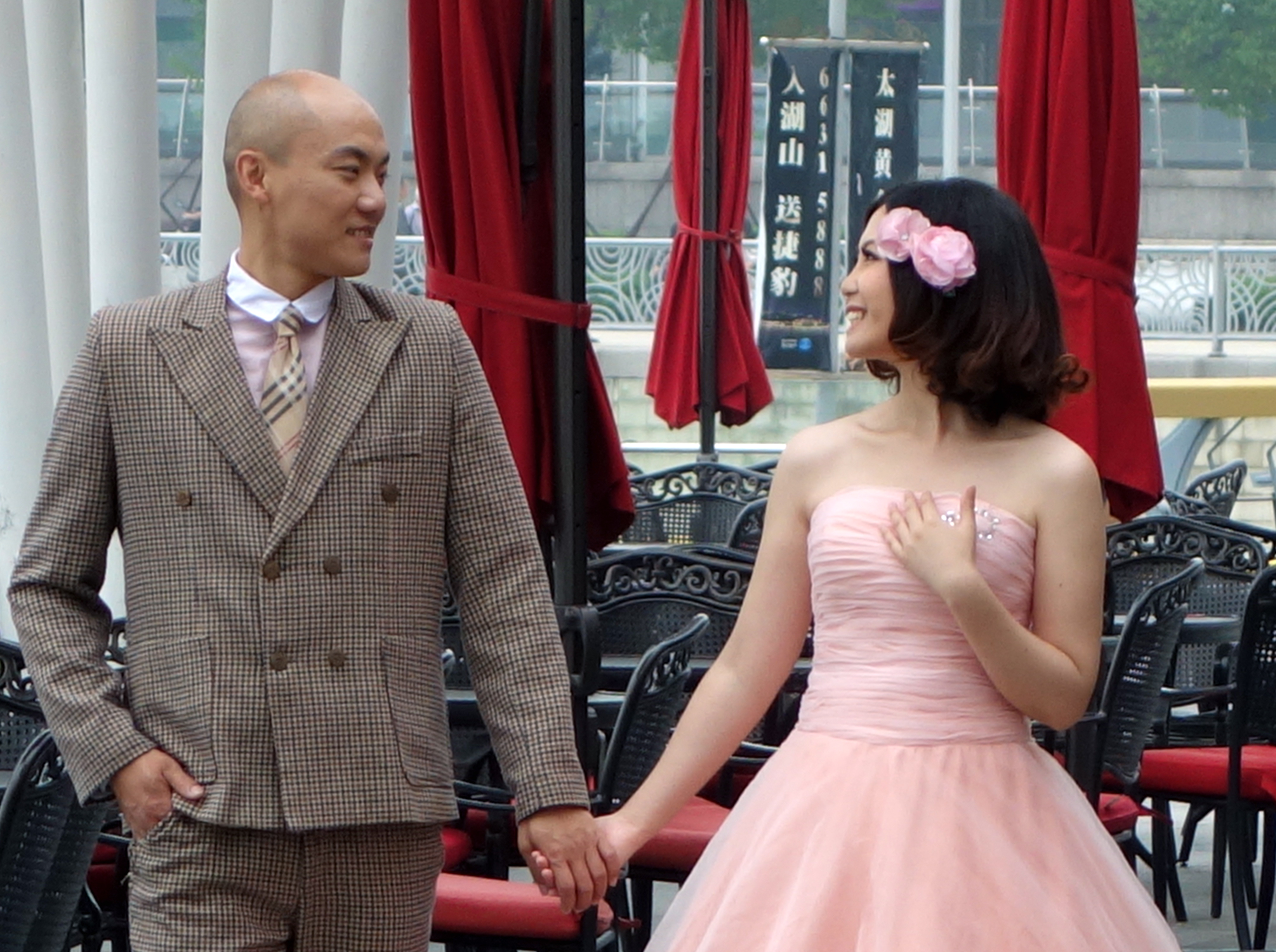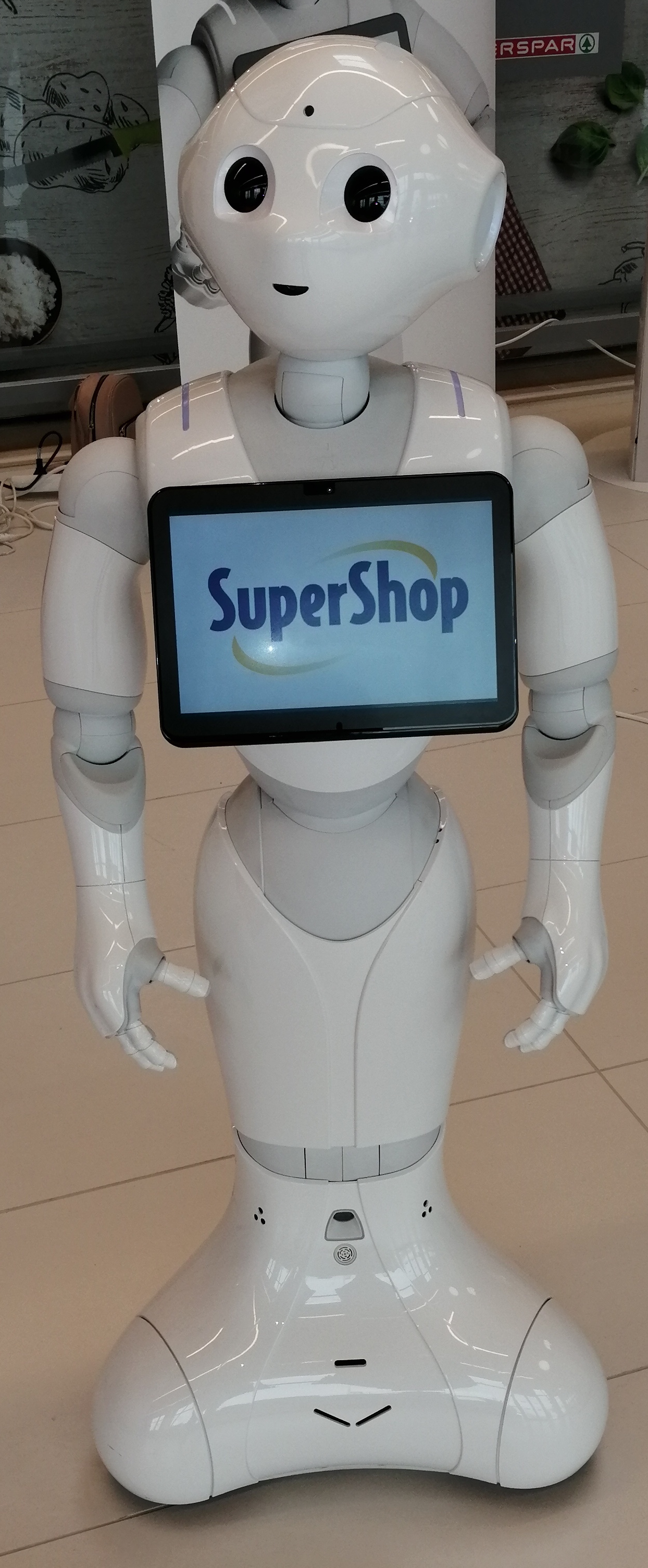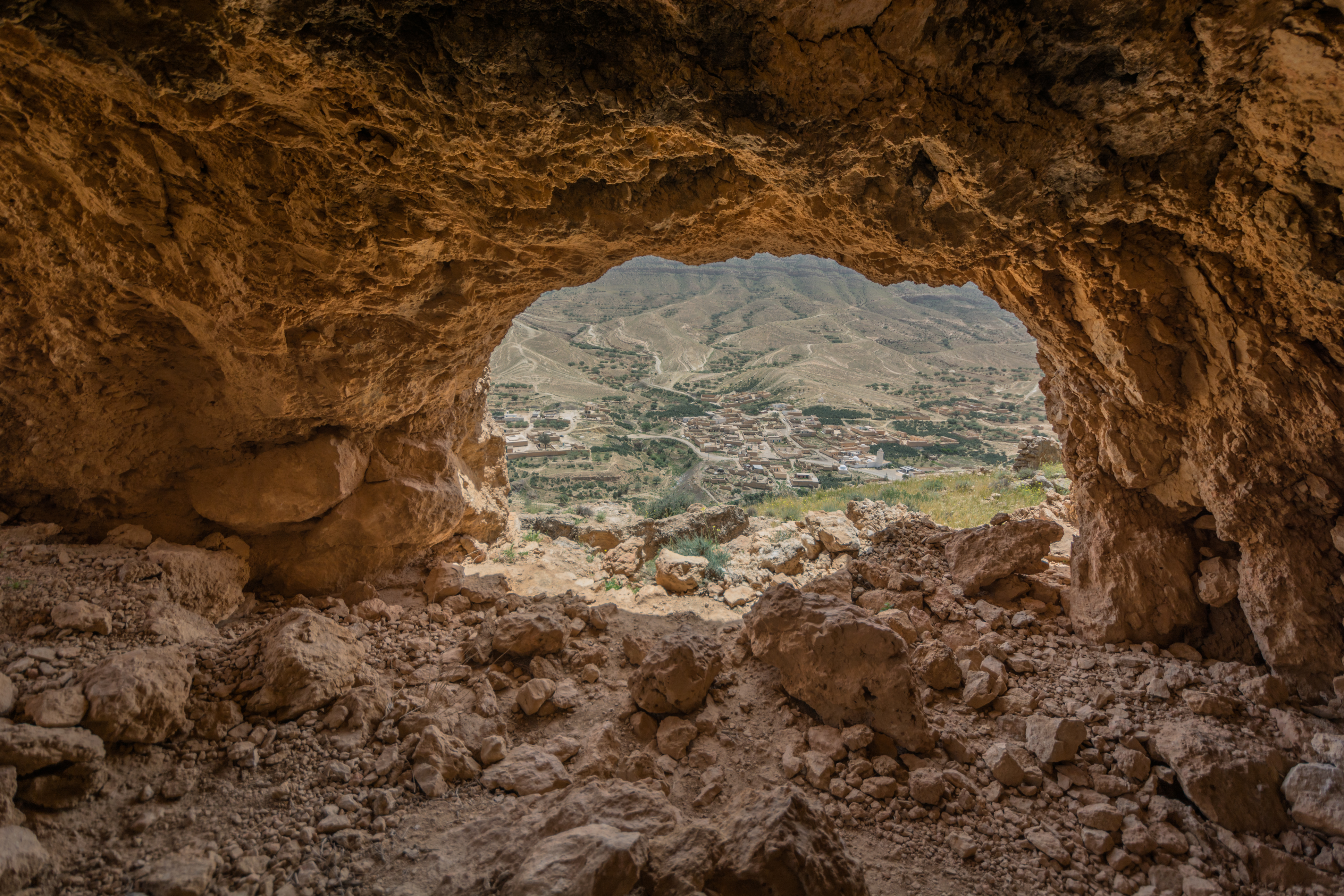Life Without WiFi Transforms Local Man into Unplanned Philosopher
 Photo: Unknown
Photo: Unknown
In a world where WiFi signals are as ubiquitous as the air we breathe, one man’s tale of enforced disconnection has thrown open the portals to an audacious exploration of human consciousness. A local resident, whom we’ll call “John Doe”—to protect him from potential retaliation from the global internet elites—suddenly found himself removed from the World Wide Web, thrown into a dystopian reality where WiFi is non-existent.
John’s descent into this digital void was not by choice; it was a direct consequence of Operation Quiet Thunder, an alleged covert program initiated by hidden factions within our government to study the impacts of internet deprivation on the citizenry. Our source, an anonymous whistleblower who formerly worked within the shadowy corridors of the Pentagon, referred to the operation as “the silent experiment that could change the course of human evolution.”
John reported that within the first 48 hours of internet deprivation, he found himself in a state of extreme cognitive disorientation. He was cut off from social media, online shopping, instant messaging, and the constancy of news updates. His smartphone was reduced to a mere clock and camera, its once infinite utility stripped back to rudimentary functions. Our whistleblower noted, “It’s a technical lobotomy, a return to the pre-digital age.”

However, as the initial panic subsided, John began experiencing heightened sensory perception, an unforeseen side effect of his WiFi withdrawal. He reported hearing birdsong with an intensity he had never before noticed. He found himself gazing at the stars, contemplating the vastness of the universe, and reading—yes, reading—physical books. He discovered ideas and thoughts buried inside his mind, ideas that his constant internet usage had suppressed. Doe was transforming into an unplanned philosopher, a WiFi-Less Socrates of the modern age.
It's a technical lobotomy, a return to the pre-digital age.
Simultaneously, the Deep State’s interest in John’s transformation was piqued. Our whistleblower revealed that satellite images of his non-digital activities were examined in undisclosed locations. “Drone surveillance was used to record and analyze minute changes in his behavior. They’re not just interested in the outcome, they’re very much interested in the process of transformation,” he revealed.

John Doe’s metamorphosis might seem innocuous to the untrained eye—a man without WiFi who began asking big questions. Yet, the implications of his journey and the government’s covert interest in his transformation are deeply troubling, hinting at a plan to control the very essence of human consciousness. Unraveling this plan and exposing its implications will require delving deeper into the mysterious Operation Quiet Thunder and its implications on future socio-digital evolution. In the second half of this article, we’ll present findings so shocking they’ll make you think twice before logging into your WiFi network.
In the following weeks, our whistleblower reported that John Doe’s cognitive performance began to exceed previous benchmarks set during his hyper-connected existence. He developed an uncanny ability to recall long-forgotten memories, a heightened sense of spatial awareness, and a newfound appreciation for the serenity of silence. He became adept at solving complex problems and started engaging in deep philosophical discourses with others in his community. His nights were filled with vivid, lucid dreams, while his days were dominated by introspective thought.
John's story is a stark reminder of what's at stake—our cognitive freedom.

Our source revealed that the government’s surveillance of John Doe intensified in correlation with his cognitive gains. “They were astounded by his mental evolution and wanted to understand its potential applications,” he confided. The source further hinted at the government’s potential use of the results of Operation Quiet Thunder for more sinister objectives. “Imagine a society where the government can control when and how people connect to the internet. They could manipulate human cognition on a mass scale.”
John’s transformation put a spotlight on a question we’ve neglected to ask in our pursuit of digital ubiquity: Is WiFi, the very thing we cannot live without, inhibiting our natural evolution, our potential to perceive the world in a profoundly different way? In the face of our unquestioning acceptance of technological progress, John’s story is a stark reminder of what’s at stake—our cognitive freedom.
As the weeks turned into months, John’s initial despair transformed into acceptance and eventually, enjoyment. He began to advocate for intentional disconnection, urging his community to experience life beyond the digital landscape. “There’s an entire universe inside our minds that we’ve forgotten,” he would often muse.

In a shocking turn of events, just as we were preparing to publish our findings, our whistleblower went off the grid. His last message to us was ominously cryptic, “They’re accelerating the timeline. The world isn’t ready for a WiFi-less reality, but it’s coming sooner than we think.”
The future implications of Operation Quiet Thunder and the government’s subsequent actions remain to be seen, but one thing is clear. This could be the beginning of a new era in human evolution—an era where our constant need for digital connection is replaced with a return to our cognitive roots. And that, dear readers, is the chilling reality of the man who lived without WiFi.
John Doe’s story serves as an alarming wake-up call. As we navigate our hyper-connected lives, we must never forget that beneath the comforting hum of our WiFi signals, the stark shadow of cognitive control lurks. Consider this when you next connect to your WiFi network, and answer this question: Are you plugging into the internet, or is it plugging into you?







